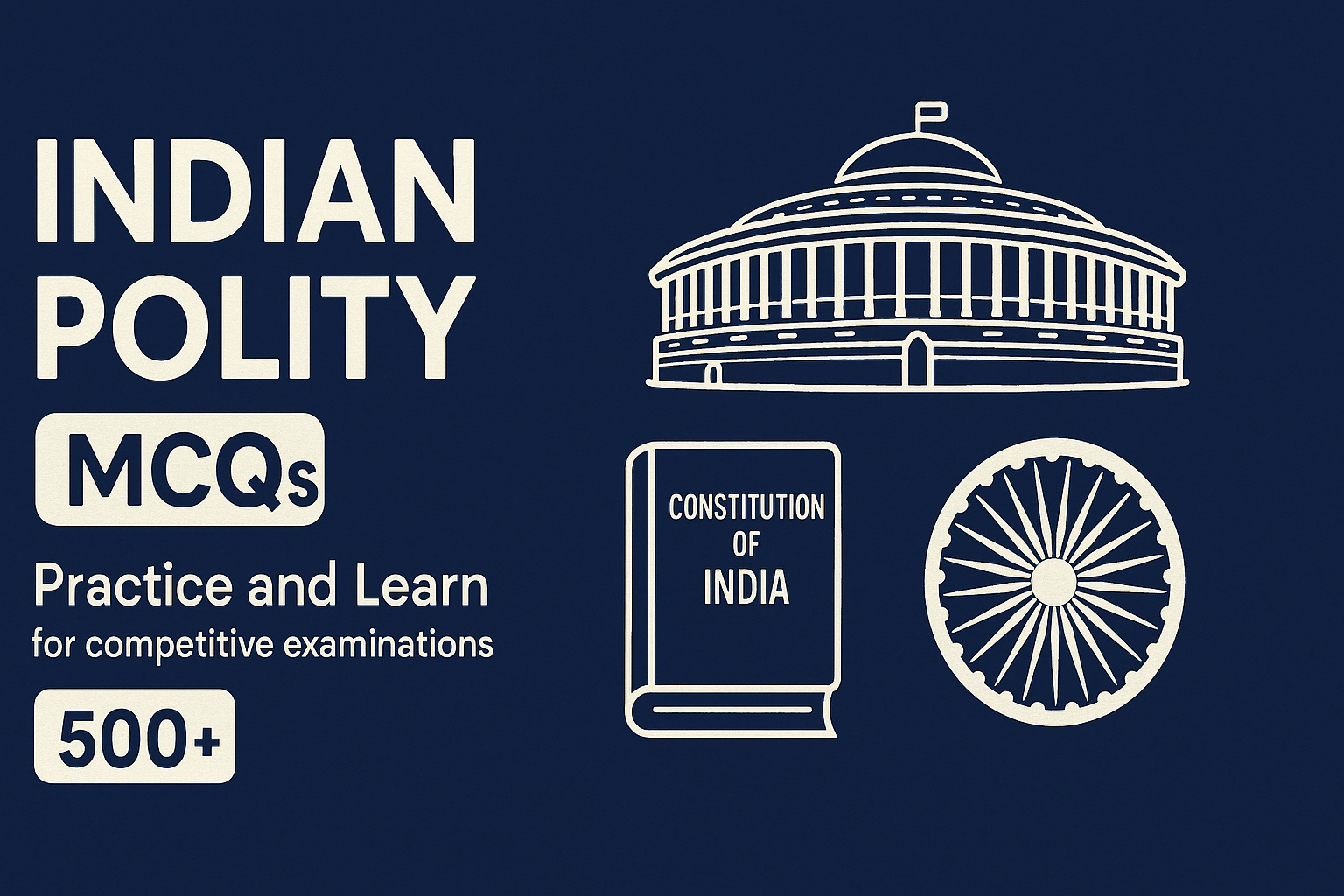
MCQ on Constitution of India and Indian Polity
If a Minister loses a no-confidence motion, then:
Who among the following have held the office of the Vice-President of India? 1. Mohammad Hidayatullah 2. Fakhruddin Ali Ahmed 3. Neelam Sanjiva Reddy 4. Shankar Dayal Sharma
What is the minimum age required to contest for Presidentship is :
In case a President dies while in office, the Vice-President can act as President for a maximum period of:
Who can initiate impeachment proceedings against the President of India?
A writ issued by a court to some inferior authority to transfer the matter to it for its proper consideration is called
How many members can the President nominate in the Indian Parliament ?
Gram Panchayat Development Plan covers all subjects mentioned in 11th schedule of Indian Constitution. It covers how many subjects ?
Which article of the Constitution of India is related to the Special provision with respect to the State of Nagaland ?
Which article of our Constitution empowers the High Courts to issue writs for the enforcement of the Fundamental Rights ?
